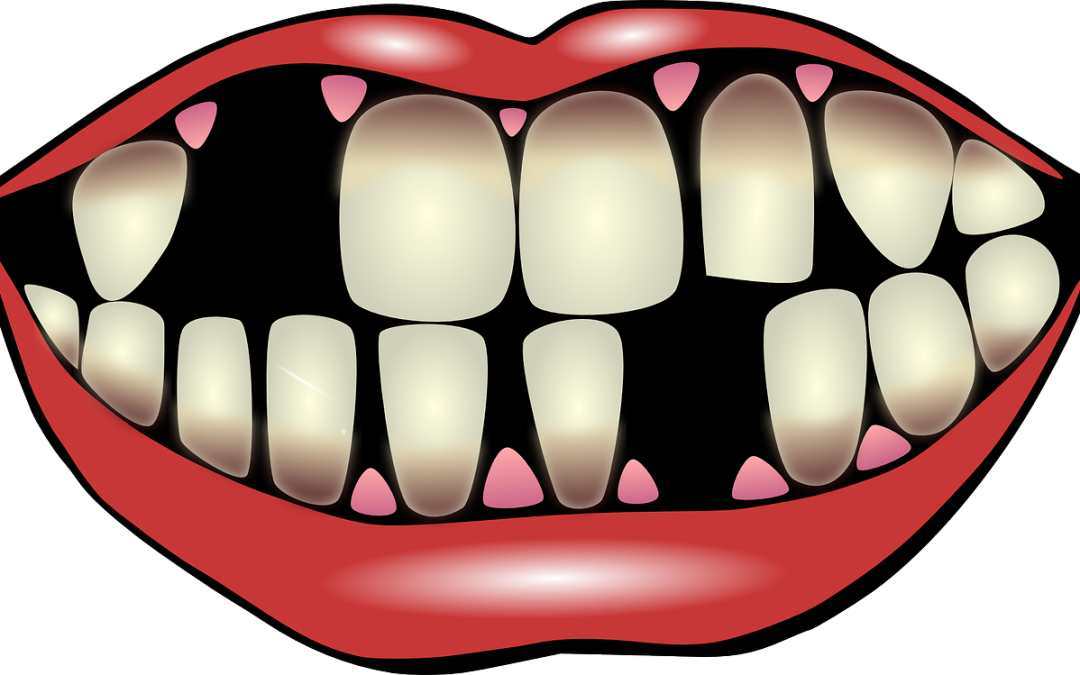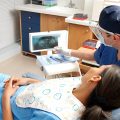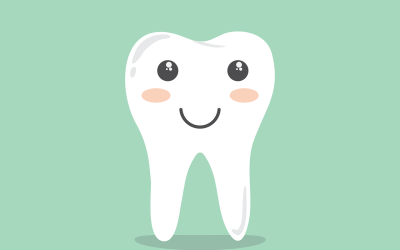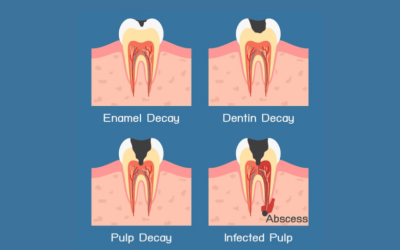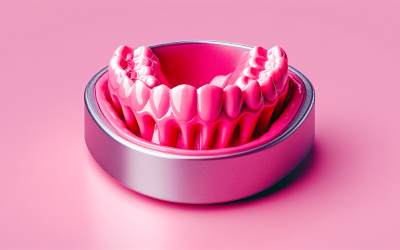So you’re sitting there, maybe biting into something crunchy or accidentally getting hit in the mouth, and suddenly you feel a sharp pain. You run your tongue along your teeth and discover that you have a broken or chipped tooth. It’s not only uncomfortable, but can also be a major blow to your self-confidence. But fear not, because in this article we’ll explore everything you need to know about dealing with a broken or chipped tooth, from the causes and symptoms to the available treatments and preventive measures. So sit back, relax, and let’s get to the root of this dental dilemma.
Causes of a Broken or Chipped Tooth
Trauma
One of the main causes of a broken or chipped tooth is trauma. This can occur due to accidents or sports injuries where a forceful blow is delivered to the mouth. Trauma can cause the tooth to crack or chip, resulting in immediate pain and sensitivity.
Tooth decay
Tooth decay is another common cause of a broken or chipped tooth. When tooth decay is left untreated, it can weaken the structure of the tooth, making it more susceptible to breakage. Decay erodes the enamel, leaving the tooth vulnerable to damage from chewing or biting.
Biting hard objects
Sometimes, we unknowingly bite down on hard objects like popcorn kernels, ice cubes, or pens. These hard objects can exert excessive pressure on the teeth, leading to chips or fractures. It is important to be aware of what you are putting in your mouth to avoid damaging your teeth.
Bruxism
Bruxism, or teeth grinding, is a condition where an individual unconsciously clenches or grinds their teeth, often during sleep. The excessive force exerted on the teeth during grinding can cause them to chip or break. Addressing bruxism is important to protect your teeth from further damage.
Symptoms of a Broken or Chipped Tooth
Visible crack or chip
The most apparent symptom of a broken or chipped tooth is the visible crack or chip on the tooth itself. You may notice a sharp edge or a missing piece of the tooth, depending on the severity of the damage. It is important to seek dental attention to evaluate the extent of the damage and determine the appropriate treatment.
Tooth sensitivity
If you experience increased sensitivity in your tooth, especially when consuming hot or cold foods or beverages, it may indicate a broken or chipped tooth. The damaged tooth may have exposed nerve endings, making it more sensitive to temperature changes. This sensitivity can range from mild discomfort to sharp pain.
Tooth pain
Pain is a common symptom of a broken or chipped tooth, especially when you bite down or apply pressure to the affected tooth. The pain may range from a dull ache to sharp, intense pain, depending on the severity of the damage. It is essential to seek dental treatment to alleviate the pain and prevent further complications.
Difficulty chewing
A broken or chipped tooth can also make chewing difficult or uncomfortable. You may experience pain or discomfort when biting or chewing on that side of your mouth. This difficulty in chewing can significantly impact your daily life and should be addressed by a dental professional.
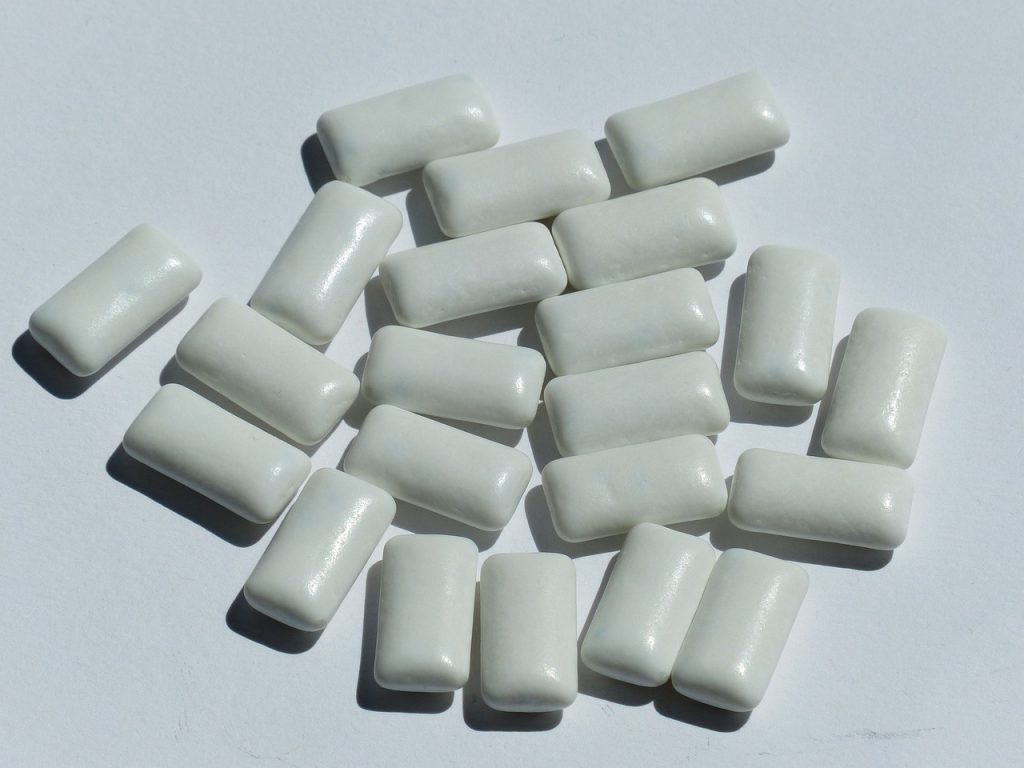
Complications of a Broken or Chipped Tooth
Infection
When a tooth is broken or chipped, the inner layers of the tooth, including the pulp, can become exposed to bacteria. This can lead to infection, causing further pain, swelling, and potential complications. If left untreated, an infected tooth can lead to more severe dental problems.
Tooth loss
If a broken or chipped tooth is not promptly treated, it can lead to further damage, potentially resulting in tooth loss. The weakened structure of the tooth may eventually lead to irreversible damage, necessitating extraction. It is crucial to seek professional dental care as soon as possible to prevent the loss of the affected tooth.
Jaw pain
A broken or chipped tooth can disrupt the balance within your jaw, causing muscle strain and jaw pain. Misaligned teeth resulting from the broken tooth may also contribute to temporomandibular joint (TMJ) disorders, leading to chronic jaw pain and limitations in jaw movement. Proper treatment can help alleviate jaw pain and restore normal functioning.
Treatment Options for a Broken or Chipped Tooth
Dental bonding
Dental bonding is a common treatment option for minor chips or cracks. In this procedure, a tooth-colored resin is applied to the damaged tooth and shaped to match its original appearance. The resin is then hardened using a special light, bonding it to the tooth and restoring its natural look.
Dental veneers
Dental veneers are thin, custom-made shells that cover the front surface of a tooth to improve its appearance. They can be used to repair chipped or broken teeth by bonding them to the existing tooth structure. Veneers provide a durable and aesthetic solution, enhancing the appearance of the damaged tooth.
Dental crowns
Dental crowns, also known as caps, are tooth-shaped coverings that encase the entire visible portion of a damaged tooth. They are commonly used for more extensive fractures or significant damage. Crowns restore the strength, function, and aesthetics of the tooth and can be made from a variety of materials, including porcelain, metal, or a combination of both.
Root canal therapy
When a broken or chipped tooth has extensive damage that has reached the pulp, root canal therapy may be necessary. This procedure involves removing the infected pulp, cleaning and disinfecting the root canal, and filling it with a dental material. A dental crown is often placed on top of the treated tooth to provide further protection and restoration.
Tooth extraction
In severe cases where the tooth is extensively broken or damaged beyond repair, tooth extraction may be the only option. After extraction, replacement options such as dental implants or bridges can be explored to restore the appearance and function of the missing tooth.
Dental implants
Dental implants are a long-term solution for replacing missing teeth. They involve the surgical placement of a titanium implant into the jawbone, which acts as a replacement tooth root. Following a healing period, a dental crown is attached to the implant, providing a natural-looking and functional replacement for the broken or chipped tooth.

Preventing Broken or Chipped Teeth
Wear a mouthguard
If you participate in sports or activities that carry a risk of dental injury, wearing a mouthguard is essential. A properly fitted mouthguard provides a protective barrier, reducing the likelihood of a broken or chipped tooth as well as other dental injuries.
Avoid chewing on hard objects
To prevent unnecessary damage to your teeth, avoid chewing on hard objects such as ice, pens, or popcorn kernels. These hard substances can put undue stress on your teeth, increasing the risk of chips or fractures.
Maintain good oral hygiene
Practicing good oral hygiene is crucial in preventing dental problems, including broken or chipped teeth. Brush your teeth twice daily using a soft-bristled toothbrush and fluoride toothpaste. Remember to floss daily and visit your dentist regularly for check-ups and professional cleanings.
Regular dental check-ups
Routine dental check-ups are essential for maintaining oral health and preventing dental problems. Your dentist can identify early signs of tooth decay or structural issues that could lead to broken or chipped teeth. Regular dental visits allow for timely intervention and appropriate treatment if needed.
Emergency First Aid for a Broken or Chipped Tooth
Rinse mouth with warm water
If you experience a broken or chipped tooth, rinse your mouth with warm water to help clean the area and remove any debris. Be gentle when swishing the water around to avoid further aggravating the tooth or causing additional damage.
Apply gauze to control bleeding
In cases where there is bleeding, apply a piece of clean gauze to the affected area and apply gentle pressure to control the bleeding. If bleeding persists or is severe, seek immediate dental or medical attention.
Use a cold compress to reduce swelling
Applying a cold compress or ice pack to the outside of the mouth or cheek near the broken or chipped tooth can help reduce swelling and alleviate pain. Wrap the ice pack in a cloth or towel and apply it for short intervals, taking breaks in between to prevent tissue damage.
Take over-the-counter pain medication
Over-the-counter pain medication, such as ibuprofen or acetaminophen, can help alleviate any pain or discomfort associated with a broken or chipped tooth. Follow the instructions on the packaging and consult with a healthcare professional if you have any concerns or underlying medical conditions.
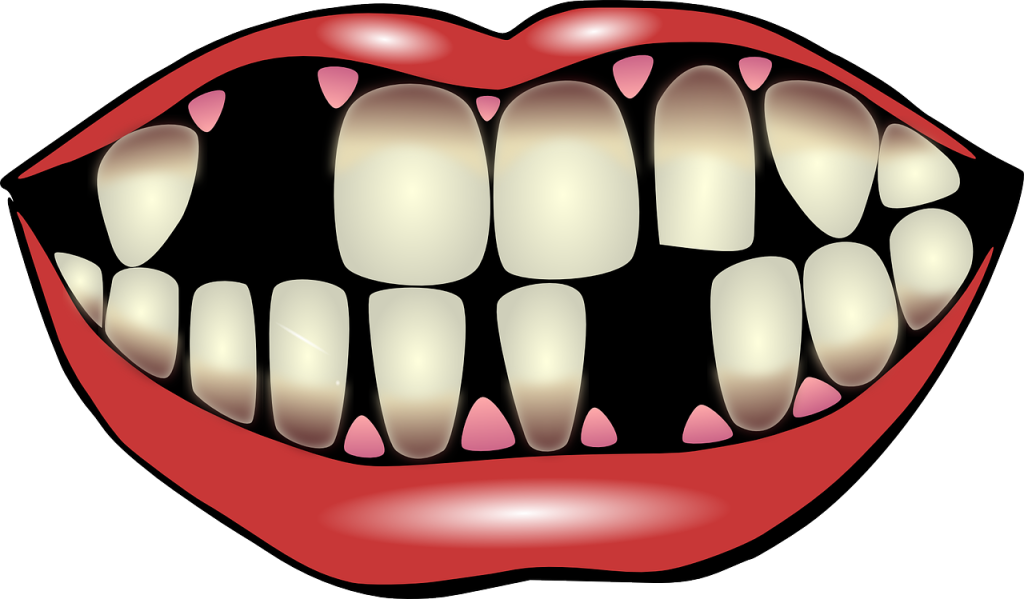
Home Remedies for Temporary Relief
Avoid hot and cold foods
To temporarily reduce tooth sensitivity, avoid consuming hot or cold foods and beverages. Opt for lukewarm or room temperature alternatives until you can seek professional dental care.
Use toothpaste for sensitive teeth
Using a toothpaste specifically designed for sensitive teeth can provide temporary relief from tooth sensitivity caused by a broken or chipped tooth. These toothpastes typically contain ingredients that help reduce sensitivity and provide a protective layer over the exposed tooth surface.
Avoid biting or chewing on the affected tooth
To prevent further damage or pain, avoid biting or chewing on the affected tooth. Stick to softer foods and try to chew on the opposite side of your mouth to minimize stress on the damaged tooth.
How to Care for a Temporary Dental Filling
Avoid hard or sticky foods
If you have a temporary dental filling, it is essential to avoid hard or sticky foods that may dislodge or damage the filling. Stick to softer foods and chew on the opposite side of your mouth to minimize the risk of compromising the filling.
Chew on the opposite side of the mouth
To protect a temporary dental filling, chew on the side of your mouth opposite to the one with the filling. This helps prevent unnecessary stress or pressure on the temporary restoration, allowing it to last until a more permanent solution can be implemented.
Maintain good oral hygiene
Even with a temporary dental filling, it is crucial to maintain good oral hygiene. Brush your teeth gently and floss carefully to prevent any damage to the filling or further dental problems.
Avoid smoking or excessive alcohol consumption
Smoking and excessive alcohol consumption can hamper the healing process and compromise the success of the dental filling. It is advisable to refrain from smoking and limit alcohol consumption until the tooth is fully restored.
When to Seek Professional Dental Care
Severe pain or bleeding
If you experience severe pain or bleeding from a broken or chipped tooth, it is crucial to seek immediate professional dental care. These symptoms may indicate underlying complications or infection that require prompt treatment.
Loose or displaced tooth
If the broken or chipped tooth is loose or displaced, it is essential to see a dental professional as soon as possible. Immediate attention is necessary to assess the extent of the damage and determine the most appropriate course of treatment.
Signs of infection
If you notice signs of infection such as increased pain, swelling, redness, or discharge, it is important to seek professional dental care. Infection can lead to more serious complications if left untreated and may require antibiotics or other interventions.
Difficulty speaking or swallowing
If a broken or chipped tooth interferes with your ability to speak or swallow, it is recommended to seek immediate dental attention. A dental professional can address any structural issues that may be causing the difficulty and provide appropriate treatment.
Conclusion
A broken or chipped tooth can be both painful and concerning. Understanding the causes, symptoms, and treatment options for this dental issue is crucial to ensure timely and appropriate care. By maintaining good oral hygiene, wearing mouthguards, and avoiding chewing on hard objects, you can significantly reduce the risk of a broken or chipped tooth. However, if a dental emergency does occur, it’s important to seek professional dental care promptly to prevent potential complications and safeguard your oral health.

